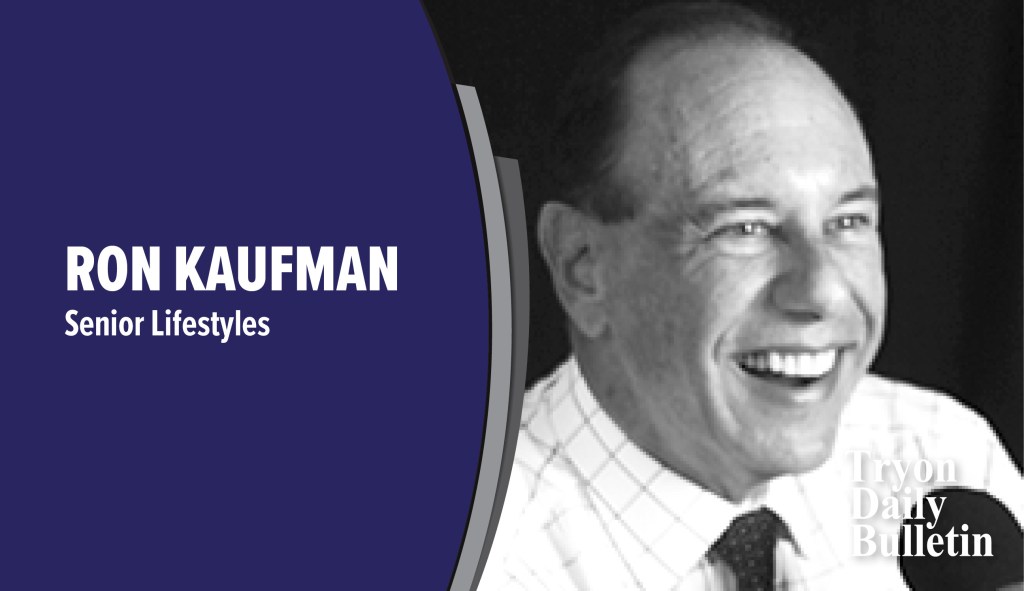Common symptoms of clinical depression
Published 10:42 am Tuesday, October 25, 2022

- pam stone
|
Getting your Trinity Audio player ready...
|
From time to time, all of us experience feelings of sadness, but that is usually short-lived and unlike depression, does not last more than 2weeks. The symptoms of depression are many and vary from person to person. They commonly include feeling sad, empty, or unable to feel happiness, and these feelings may last for extended periods of time. Those suffering from these symptoms may say or think that no one can help make them feel better.
People with depression may feel as though they are worthless, or their life has no meaning. They may also believe that they are a burden to others and that the world or their family is better off without them. If a person has these feelings and suicidal thoughts, they should seek emergency help. If you’re with someone that has been making comments about suicide, don’t assume it’s a joke, and call either 911, your local suicide hotline or the National Suicide Prevention Lifeline which is available 24 hours a day by dialing 988.
Some people with depression lose interest in things or activities that they used to enjoy. These can include sports, hobbies, going out with friends, music, or sexual activity. They may turn down offers to do activities or be with others, and they may not want to do things they used to like doing. At times a depressed person may seem to be angry with others and may easily become irritated and annoyed.
The National Institutes of Mental Health say that males suffering from depression are more likely than females to experience irritability, and that children and adolescents are also more likely to display symptoms of their depression through anger, irritability, and tantrums.
Depression can interfere with a person’s cognitive abilities. They may have trouble focusing or concentrating on personal or professional matters. Additionally, they may find it difficult to make decisions, even those involving seemingly minor, everyday choices. They may also find that they cannot remember things as well as they did previously, such as appointments or commitments, and not recall things that they said or did recently.
While the loss of appetite may occur, some people with depression may eat more than usual. For some individuals, food can be a comfort mechanism for negative feelings and a way to deal with boredom or loneliness. Being depressed can make it difficult for people to feel motivated to get outside or exercise. This combined with an increase in food intake can cause weight gain.
Having just one of the symptoms above does not mean that a person has depression. For instance, other health issues and some medications can cause weight gain or insomnia. However, people who have multiple symptoms and are concerned about depression should contact a doctor to discuss their mental health. Unfortunately, there is no single test that can diagnose depression. Usually, a medical professional will evaluate a person’s symptoms and their personal and family medical history to make a diagnosis using specialized questionnaires and screening tools.
Depression is a treatable mental health condition that can cause a range of symptoms. Anyone who is concerned that they or a loved one is experiencing symptoms of depression should speak with a doctor as soon as possible. Proper care for depression can significantly improve quality of life and even be lifesaving.
Ron Kauffman is a Consultant & Expert Speaker on Issues of Aging. You may contact him by phone at (828) 696-9799 or by email at: drron561@gmail.com





